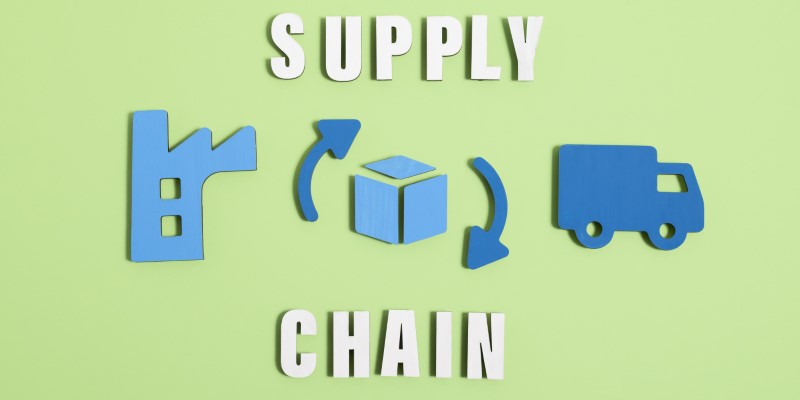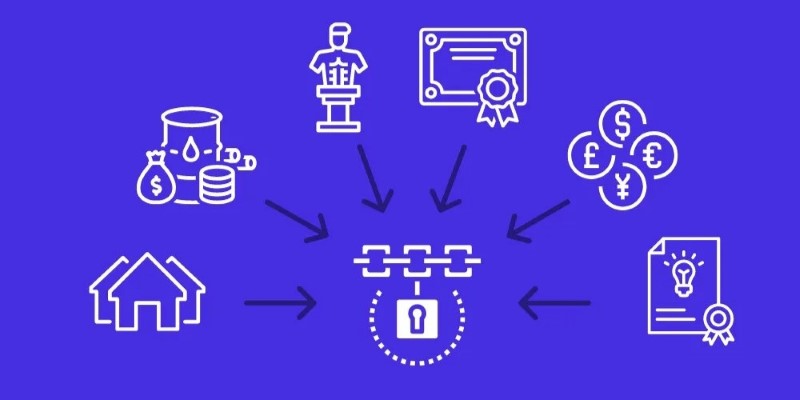When to Start Contributing to Your 401(k)
Commencing your 401(k) contributions is a seminal manoeuvre in safeguarding a fiscally secure future. Understanding when to start contributing to your 401(k) can amplify the benefits of this retirement vehicle. This treatise elucidates essential 401(k) contribution tips and insights on the best time to start 401(k) contributions, accompanied by stratagems for maximizing 401(k) contributions.
The Gravitas of Early Contributions
401(k) contribution tips underscore the criticality of initiating contributions at an incipient juncture. The earlier one embarks on contributions, the more protracted the period for pecuniary accretion. The principle of compound interest is a sine qua non in bolstering your retirement savings.

Boons of Early Contributions:
- Exponential compound interest: Early contributions enable your savings to burgeon exponentially.
- Augmented financial prudence: Fostering a savings habit early engenders superior fiscal management.
- Employer match: Leveraging employer contributions can markedly augment your retirement corpus.
Evaluating Your Fiscal Milieu
Determining the best time to start 401(k) contributions necessitates meticulously assessing your extant financial circumstances. It is paramount to equilibrate long-term retirement savings with immediate fiscal exigencies.
Paramount Considerations:
- Debt encumbrances: Prioritize extinguishing high-interest debt antecedent to escalating 401(k) contributions.
- Emergency cache: Ensure an ample emergency fund prior to committing to augmented contributions.
- Income constancy: A stable income stream facilitates consistent contributions, thereby fortifying your retirement fund.
Tactical Contributions
A strategic methodology is imperative to maximize 401(k) contributions efficaciously. This entails a comprehensive grasp of contribution limits and the optimization of savings.
Stratagems for Maximizing Contributions:
Maximize employer match: Always contribute sufficiently to receive the full employer match, which is equivalent to receiving gratuitous funds.
- Incremental contributions: Initiate with a manageable percentage and incrementally augment your contributions.
- Utilize catch-up contributions: If you are above 50, leverage catch-up contributions to bolster your savings.
Equilibrating Contributions with Other Fiscal Aspirations
While accentuating 401(k) contribution tips, it is crucial to equilibrate these contributions with other fiscal ambitions. Diversifying your savings can engender a more resilient financial future.
Fiscal Goals to Contemplate:
- Short-term savings: Maintain reserves for immediate requisites and unforeseen expenditures.
- Investment avenues: Diversify your investments beyond your 401(k) to enhance your financial portfolio.
- Debt diminution: Prioritize abating high-interest debt to ameliorate overall fiscal health.
Adjusting Contributions Over Time
The best time to start 401(k) contributions may fluctuate throughout your life. Regularly reassessing your contributions ensures they align with your evolving financial topography and goals.
When to Adjust Contributions:
- Income vicissitudes: Augment contributions upon receiving a raise or bonus.
- Life milestones: Adjust contributions concomitant with significant life events, such as weddings, the birth of progeny, or acquiring a domicile.
- Retirement objectives: Review and adjust your contributions to align with your retirement aspirations.
Overcoming Common Impediments
Many individuals defer contributing to their 401(k) due to myriad impediments. Comprehending and surmounting these obstacles can facilitate contributing at the best time.
Common Impediments and Solutions:
- Knowledge deficit: Educate yourself on the benefits and intricacies of a 401(k).
- Fiscal constraints: Initiate with modest contributions and incrementally increase them.
- Procrastination: Set specific goals and deadlines to incentivize yourself to commence contributions.
Employer Contributions and Benefits
Maximizing 401(k) contributions often entails fully leveraging employer benefits. Understanding your employer's contribution policies can significantly amplify your retirement savings.
Key Employer Benefits:
- Matching contributions: Ensure you contribute sufficiently to obtain the entire match.
- Vesting schedules: Be aware of your company's vesting schedule to maximize your benefits.
- Contribution limits: Stay informed about annual contribution limits to avert penalties.
Timing and Frequency of Contributions
Determining the best time to start 401(k) contributions and the cadence of these contributions can influence the accretion of your retirement corpus. Consistent contributions and astute timing can optimize your savings.
Key Timing Tactics:
- Monthly infusions: Regular monthly contributions can leverage the benefits of dollar-cost averaging.
- Front-loading: Strive to meet the annual contribution limit early in the fiscal year to maximize interest accrual.
- Bonus allocations: Divert a segment of bonuses directly into your 401(k) to bolster contributions sans impacting regular income.
Leveraging Employer Benefits
Employers often provide substantial benefits that can help maximize 401(k) contributions. Understanding and utilizing these benefits is pivotal.
Employer Benefit Stratagems:
- Automatic enrollment: Opt into automatic enrollment schemes to ensure consistent contributions.
- Augmented matching tiers: Some employers proffer enhanced match percentages for elevated contribution levels.
- Profit-sharing plans: Engage in employer profit-sharing schemes to augment retirement savings.
Financial Planning and 401(k) Contributions
Astute financial planning is indispensable for making enlightened decisions about 401(k) contribution tips and ensuring long-term fiscal stability.
Financial Planning Deliberations:
- Retirement schematics: Integrate 401(k) contributions into a holistic retirement blueprint.
- Investment acumen: Solicit professional guidance to fine-tune your 401(k) investment strategy.
- Annual evaluations: Undertake yearly reviews of your 401(k) performance and modulate contributions as warranted.
Understanding Contribution Limits and Regulations
Understanding contribution limits and regulations is crucial for maximizing 401(k) contributions without incurring penalties.
Regulatory Deliberations:
- Annual contribution limits: Remain aware of IRS-imposed 401(k) contribution limits.
- Catch-up contributions: Leverage additional contribution allowances if you are over the age of 50.
- Non-discrimination compliance: Ensure your contributions adhere to non-discrimination mandates to eschew penalties.
Managing Market Volatility
Market volatility can perturb your 401(k) investments. Employing strategies to mitigate this volatility is essential for maintaining and maximizing 401(k) contributions.
Volatility Management Stratagems:
- Risk evaluation: Regularly appraise your risk tolerance and adjust your investment mix accordingly.
- Portfolio rebalancing: Periodically recalibrate your portfolio to maintain the desired asset allocation.
- Safe harbor contributions: Investigate options like safe harbor 401(k) plans to mitigate the impact of market fluctuations.

Future Trends in 401(k) Plans
Staying abreast of future 401(k) plan trends can help you maximize 401(k) contributions and adapt to evolutions in the retirement planning milieu.
Emerging Paradigms:
- Robo-advisors: Leverage robo-advisors for automated, bespoke investment guidance.
- Environmental, Social, and Governance (ESG) funds: Consider integrating ESG funds into your 401(k) portfolio.
- Flexible contribution schemas: Seek plans proffering flexible contribution options tailored to individual difficulties.
Conclusion
Understanding when to start contributing to your 401(k) and how to maximize 401(k) contributions efficaciously is quintessential for a secure financial future. Adhering to these 401(k) contribution tips ensures that your retirement savings burgeon efficaciously and sustainably. Balancing contributions with other fiscal goals and regularly reassessing your strategy will aid in maintaining your trajectory towards a comfortable retirement. Commence early, remain informed, and employ strategic contributions to optimize your 401(k) plan.





